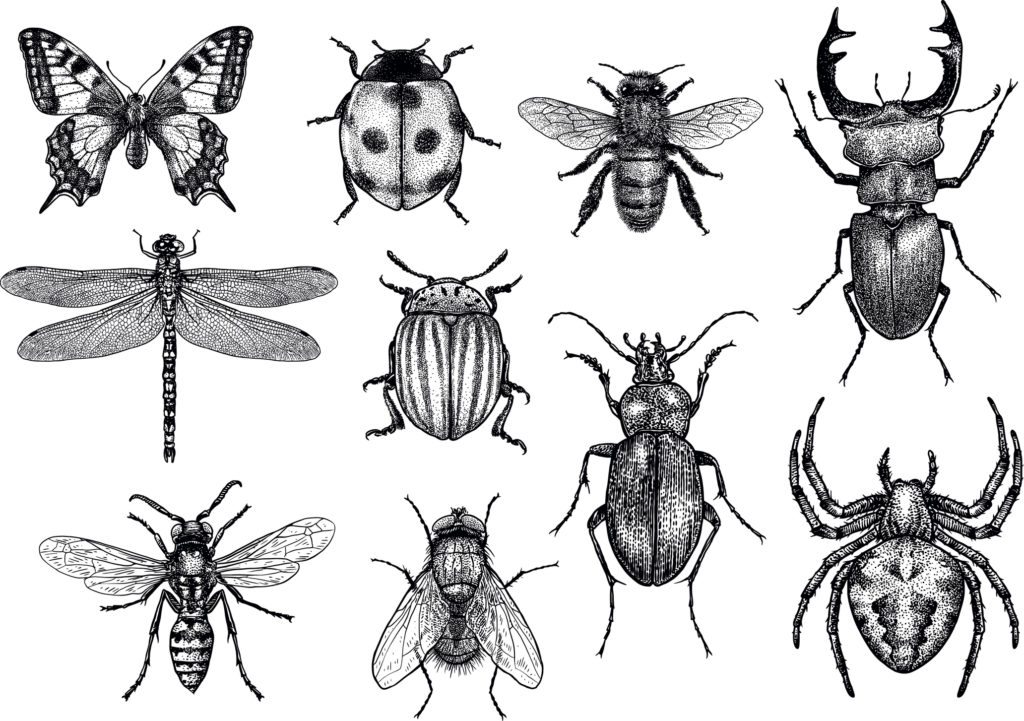In the past 25 years, three quarters of flying insects across German nature reserves have disappeared. “Insects make up about two-thirds of all life on Earth [but] there has been some kind of horrific decline,” Professor Dave Goulson of Sussex University told The Guardian. “We appear to be making vast tracts of land inhospitable to most forms of life, and are currently on course for ecological Armageddon. If we lose the insects then everything is going to collapse.”
The research uses over 1500 samples of flying insects – including flies and wasps – gathered by local entomologists across 63 German reserves, which have been collected since 1989. After comparing the yearly weight of all collected insects, a significant reduction was discovered. In summer, numbers dropped by 82%, while the annual average showed a 76% decline.
The startling decrease in insect life could have severe implications for the planet, the scientists behind the study caution. Hans de Kroon from Radboud University in the Netherlands led the research and says the findings are a warning for the human race. “We need to do less of the things that we know have a negative impact, such as the use of pesticides and the disappearance of farmland borders full of flowers.”
Lynn Dicks from the University of East Anglia highlighted the important role that insects play. “Flying insects have really important ecological functions, for which their numbers matter a lot. They pollinate flowers: flies, moths and butterflies are as important as bees for many flowering plants, including some crops. They provide food for many animals – birds, bats, some mammals, fish, reptiles and amphibians. Flies, beetles and wasps are also predators and decomposers, controlling pests and cleaning up the place generally.”
The cause of the decline is as of yet unknown. The researchers believe a number of factors may responsible, including habitat destruction, an increasing use of pesticides and climate change. Examination of variations in the type of landscape and weather patterns revealed that these factors did not contribute to the statistics, however.
That the findings were all in relation to protected reserves adds concern, study researcher Caspar Hallmann points out. “All these areas are protected and most of them are well-managed nature reserves,” he says. “Yet, this dramatic decline has occurred.”







